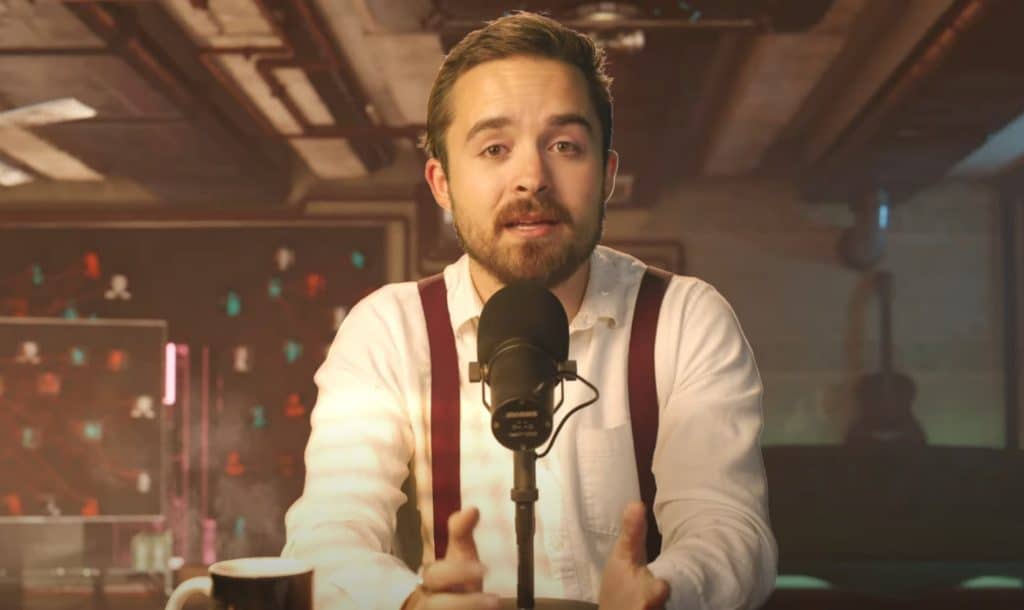In a surprising twist of events, Coffeezilla, the well-known YouTube investigator famous for exposing scams, has accused Netflix of trolling him. This follows the streaming giant’s use of his YouTube videos in their latest true crime documentary. The incident has sparked a lively debate and added another chapter to the ongoing Netflix controversy saga.
Coffeezilla, whose real name is Stephen Findeisen, is no stranger to controversy. His YouTube channel is dedicated to uncovering fraudulent schemes and holding scammers accountable. With a substantial following, Coffeezilla has become a trusted voice in the world of online investigative journalism. However, his recent encounter with Netflix has placed him on the other side of the camera.
Netflix’s true crime documentary, aimed at exposing a high-profile scam, prominently featured clips from Coffeezilla’s videos. This inclusion, however, was not authorized by Coffeezilla, leading him to voice his concerns publicly. He claims that Netflix’s use of his content without permission amounts to trolling, and he has taken to social media to express his displeasure.
At the core of this controversy lies the issue of content rights and fair use. Coffeezilla argues that Netflix’s actions fall outside the boundaries of fair use, as they did not seek his permission or provide proper credit for his work. This has fueled the ongoing Netflix backlash, with Coffeezilla’s fans rallying behind him and demanding accountability from the streaming platform.
Netflix, on the other hand, has yet to release an official statement addressing the claims made by Coffeezilla. This silence has only intensified the debate, leaving many to question the ethical implications of using creators’ content without their consent.
The online community has responded with mixed reactions. Supporters of Coffeezilla argue that content creators should be respected and compensated fairly for their work. They emphasize the importance of giving credit where it’s due, especially when the content is used in a commercial context.
Conversely, some viewers believe that Netflix’s use of Coffeezilla’s videos falls within the realm of fair use, as the documentary serves a public interest by shining a light on fraudulent activities. This divide has sparked heated discussions across social media platforms, with both sides presenting compelling arguments.
As the Netflix controversy unfolds, it raises broader questions about the relationship between content creators and major media companies. The outcome of this dispute could potentially set a precedent for how creators’ work is used by larger entities in the future.
For now, Coffeezilla remains steadfast in his stance, advocating for creators’ rights and urging Netflix to address the situation. Whether or not Netflix will respond and how this controversy will ultimately be resolved remains to be seen. In the meantime, the conversation surrounding content rights and fair use continues, with many eagerly watching to see what unfolds next in this intriguing saga.
